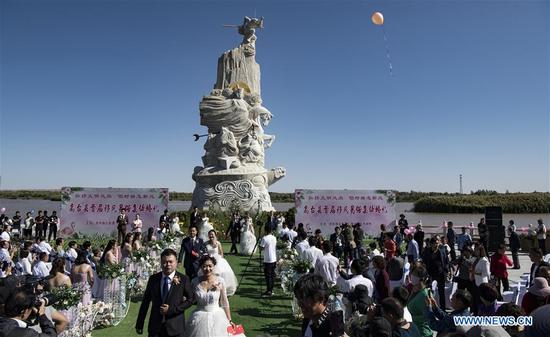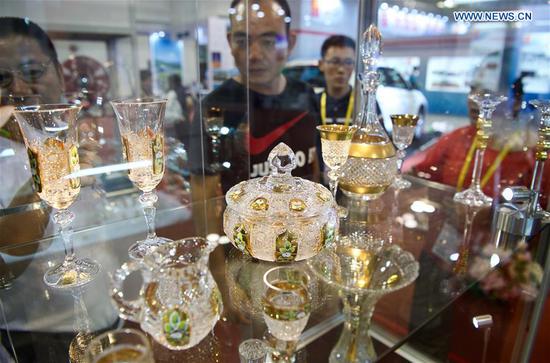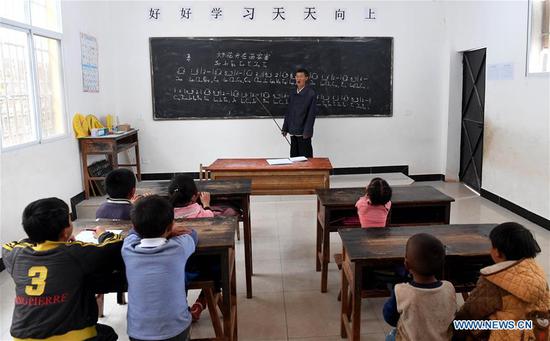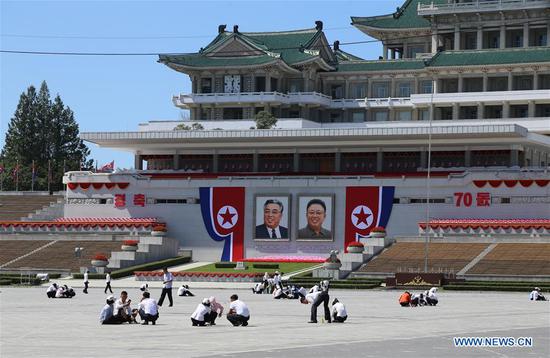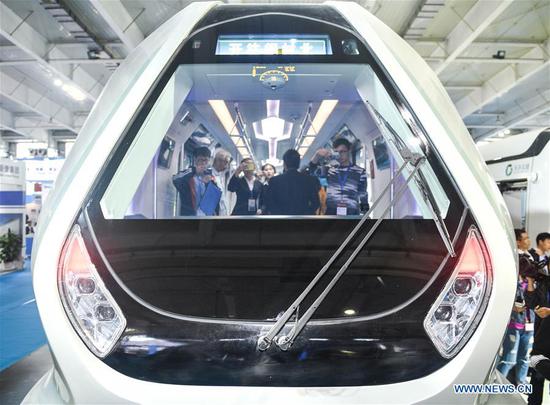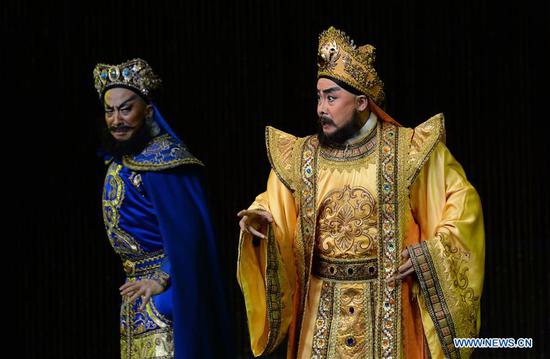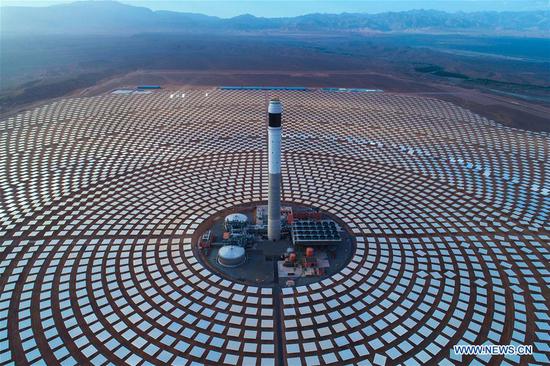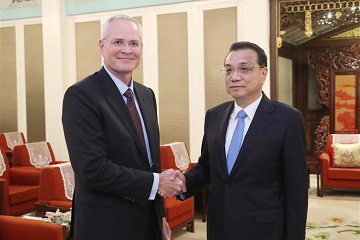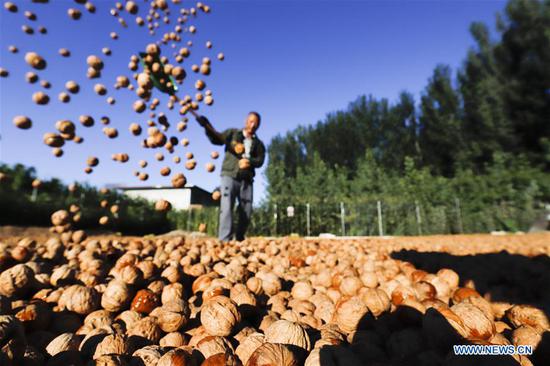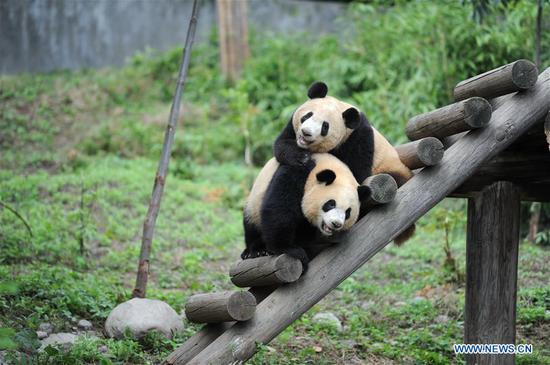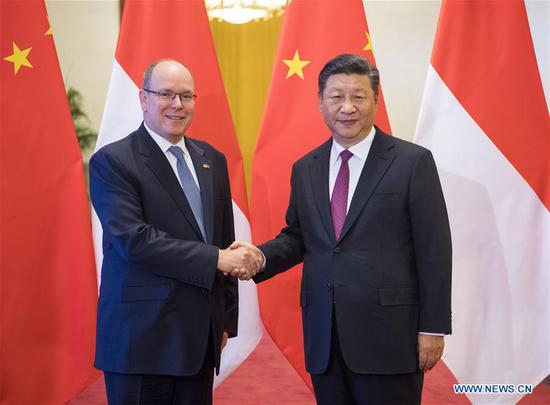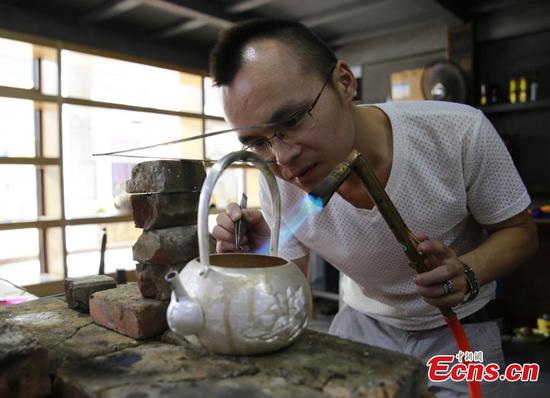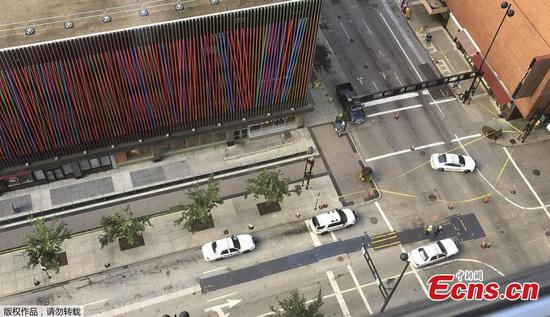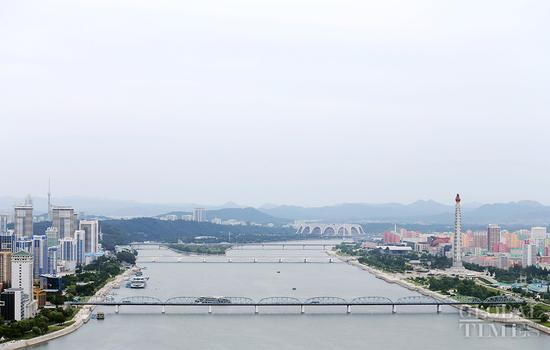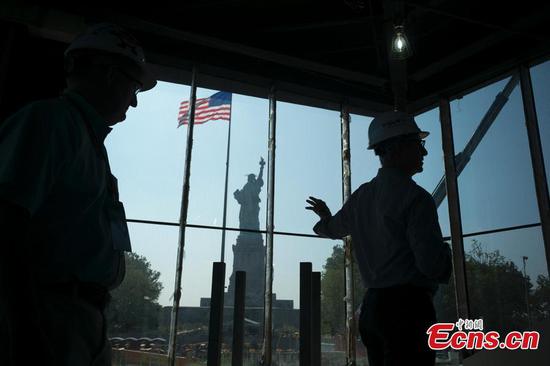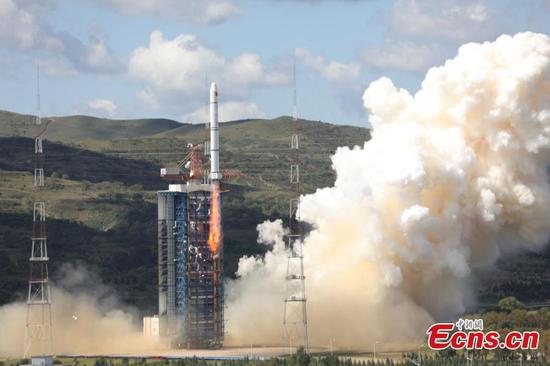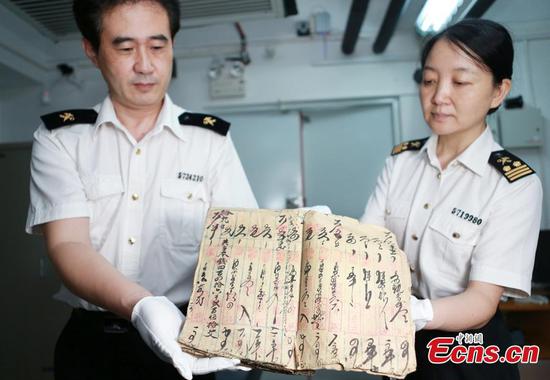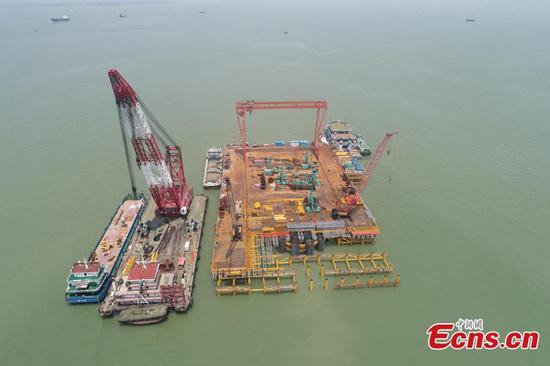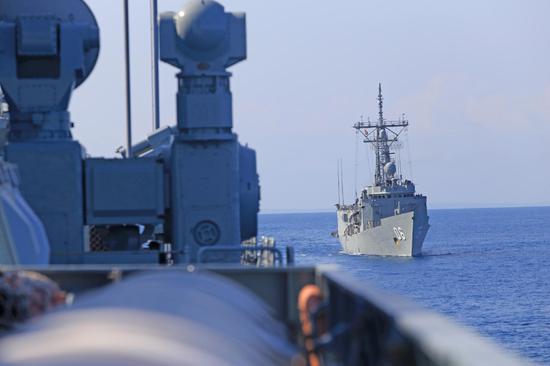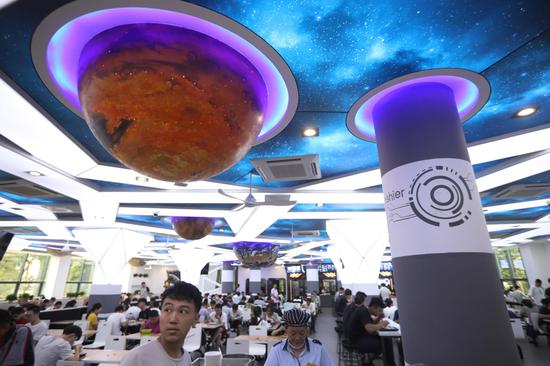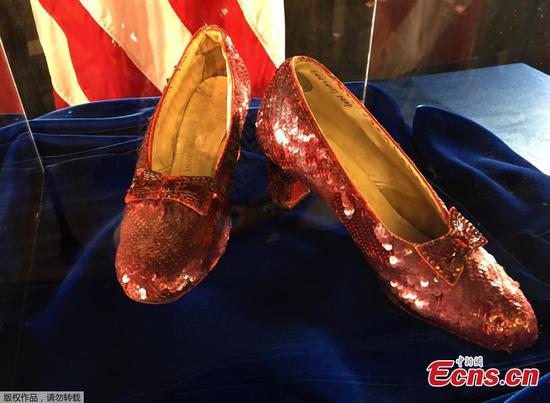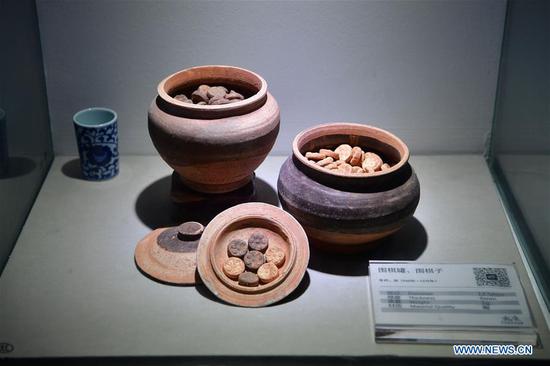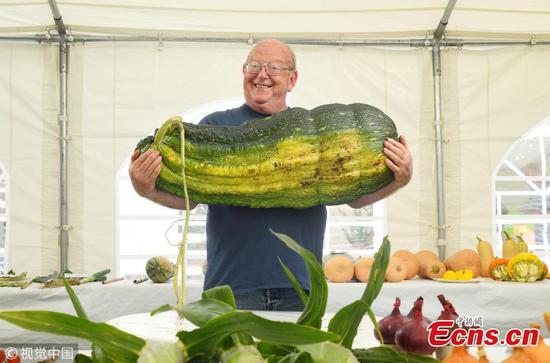China's imports rose 20.9 percent year-on-year to $1.41 trillion in the first eight months of the year, demonstrating the country's commitment to a multilateral trading system, experts said on Sunday.
The country's two-way trade in goods during the period was 16.1 percent higher at $3.01 trillion, with exports up 12.2 percent at $1.6 trillion, according to the General Administration of Customs.
In the January-August period, exports and imports of products under the general trade category, which are differentiated from the processed trade category, gained 13.1 percent from a year ago to 11.43 trillion yuan ($1.67 trillion), accounting for 58.8 percent of total foreign trade, about 2.1 percentage points higher than the same period last year.
Even though China is capable of relying on its own resources to advance its industrialization, it is still keen to seize development opportunities overseas and share its experiences and economic gains with its trading partners through imports and foreign direct investment, said Mei Xinyu, a researcher at the Chinese Academy of International Trade and Economic Cooperation in Beijing.
Long Guoqiang, vice-president of the Development Research Center of the State Council, said China has ensured fair treatment for its goods, personnel and capital overseas.
The country's trade with major partners saw an increase during the January-August period.
Trade with the European Union, its largest trading partner, climbed 6.2 percent in renminbi terms, and trade volume with the United States and Southeast Asian countries increased by 5.9 percent and 11.8 percent, respectively.
Trade with economies related to the Belt and Road Initiative totaled 5.31 trillion yuan between January and August, up 12 percent year-on-year, 2.9 percentage points higher than the average growth rate of overall trade, official data showed.
However, higher tariffs worldwide and stricter customs regulations have been threatening to dampen international trade.
Foreign media, including Bloomberg, reported that US President Donald Trump said on Friday that he was "ready to go" on tariffs for another $267 billion in Chinese goods "if he wants", which would come on top of the $200 billion in goods already targeted.
Zhou Xiaochuan, former governor of the People's Bank of China, said Beijing would look to quickly reroute goods to other countries if the US market became untenable.
The trade friction between Washington and Beijing won't have a huge effect on the Chinese economy, Zhou told CNBC on Friday at an international forum held in Italy.
"We used a mathematical model to calculate the negative impact of the trade war. It is not very large, it is not significant. It is less than half a percent impact to the Chinese economy," he said.
Wei Jianguo, vice-president of the China Center for International Economic Exchanges, said China has no intention of challenging US global dominance, adding that it will certainly take a long time to reduce its reliance on the US.
"The country should pay more attention to diversifying its markets and make breakthroughs in core technologies such as semiconductors and automobile engines," Wei said.
Fang Aiqing, former vice-minister of commerce, said multilateralism, a core principle of the WTO, was facing an unprecedented challenge, and that the US tariff measures were to the detriment of the global trading order.









